Dog / Detail
Icelandic Dogs: A History of Resilience and Legends
Jonathan Bennet | 16 October 2024 | 18:05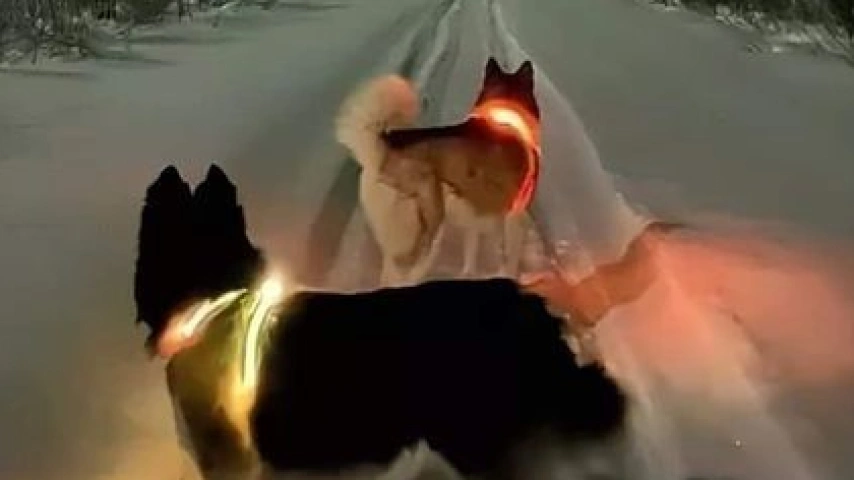
Iceland's unique geographical location and harsh climate have shaped its canine population over centuries. The Icelandic Sheepdog, the country's most iconic breed, is a testament to the resilience and adaptability of dogs in this challenging environment.
Dogs have played a significant role in Icelandic history and culture. The Icelandic Sheepdog, in particular, is a testament to the adaptability of dogs in harsh environments.
While the Northern Lights may not directly affect dog behavior, they add a touch of mystery and wonder to the canine experience in Iceland. Despite the challenges of dog ownership in this Nordic nation, the deep bond between humans and dogs remains strong.
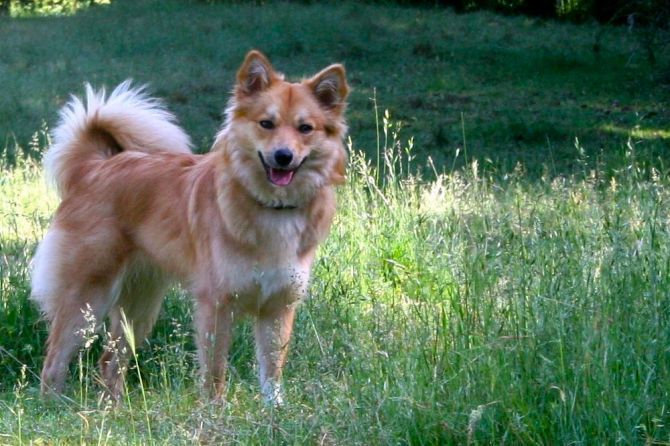
A History of Canine Companions
Dogs have been an integral part of Icelandic society for centuries. Their arrival can be traced back to the Viking settlers who brought their canine companions with them. These early dogs were likely used for hunting, herding, and guarding.
Over time, the Icelandic Sheepdog emerged as a distinct breed, well-suited to the rugged Icelandic landscape.
The Icelandic Sheepdog is a hardy and intelligent breed known for its herding abilities. These dogs were essential for managing the country's vast sheep flocks, which played a vital role in the Icelandic economy.
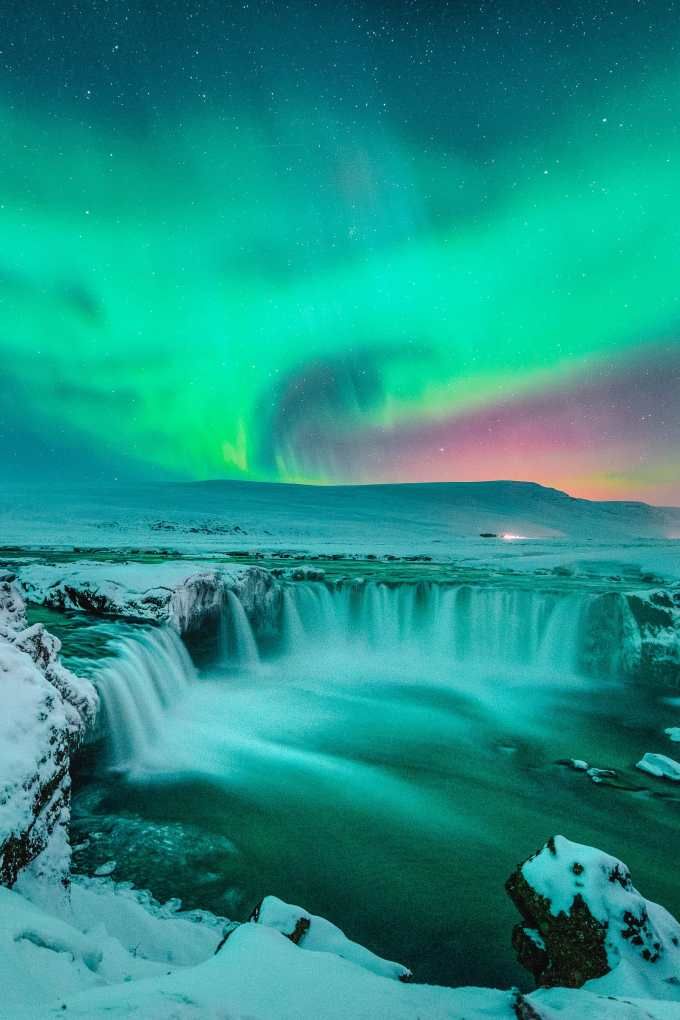
Their thick double coats provided insulation against the cold, and their strong legs allowed them to navigate the challenging terrain.
Legends and Folklore
Icelandic folklore is rich with stories about dogs. One popular legend tells of a dog that saved a village from a raging flood. Another tale features a dog who guided a lost traveler back to safety.
These stories highlight the deep bond between humans and dogs in Icelandic culture.
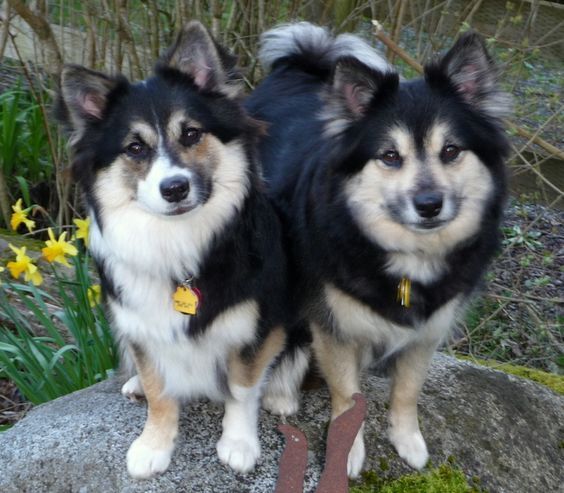
The Impact of the Northern Lights
While there is no scientific evidence to suggest that the Northern Lights directly affect dog behavior, the phenomenon has captured the imagination of many. Some people believe that dogs can sense the auroras and react to them in unusual ways.
Anecdotal reports include dogs becoming restless, barking, or howling during periods of intense auroral activity.
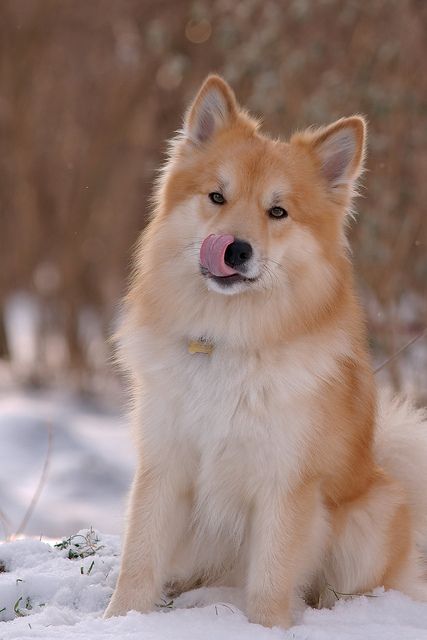
Challenges of Dog Ownership in Iceland
Despite their resilience, dogs in Iceland face several challenges. The harsh Icelandic climate can be difficult for dogs, especially during the winter months. Extreme cold, snowstorms, and icy conditions can pose health risks.
It's essential for dog owners to provide adequate shelter and protection for their pets.
Another challenge is the prevalence of parasites, such as fleas and ticks, which can be a nuisance for dogs. Regular flea and tick prevention is crucial to protect pets from these pests.
Additionally, Iceland has strict regulations regarding dog ownership. All dogs must be registered with the Icelandic Kennel Club, and there are specific rules governing dog breeding and importation.
These regulations are designed to protect the country's canine population and prevent the introduction of diseases.
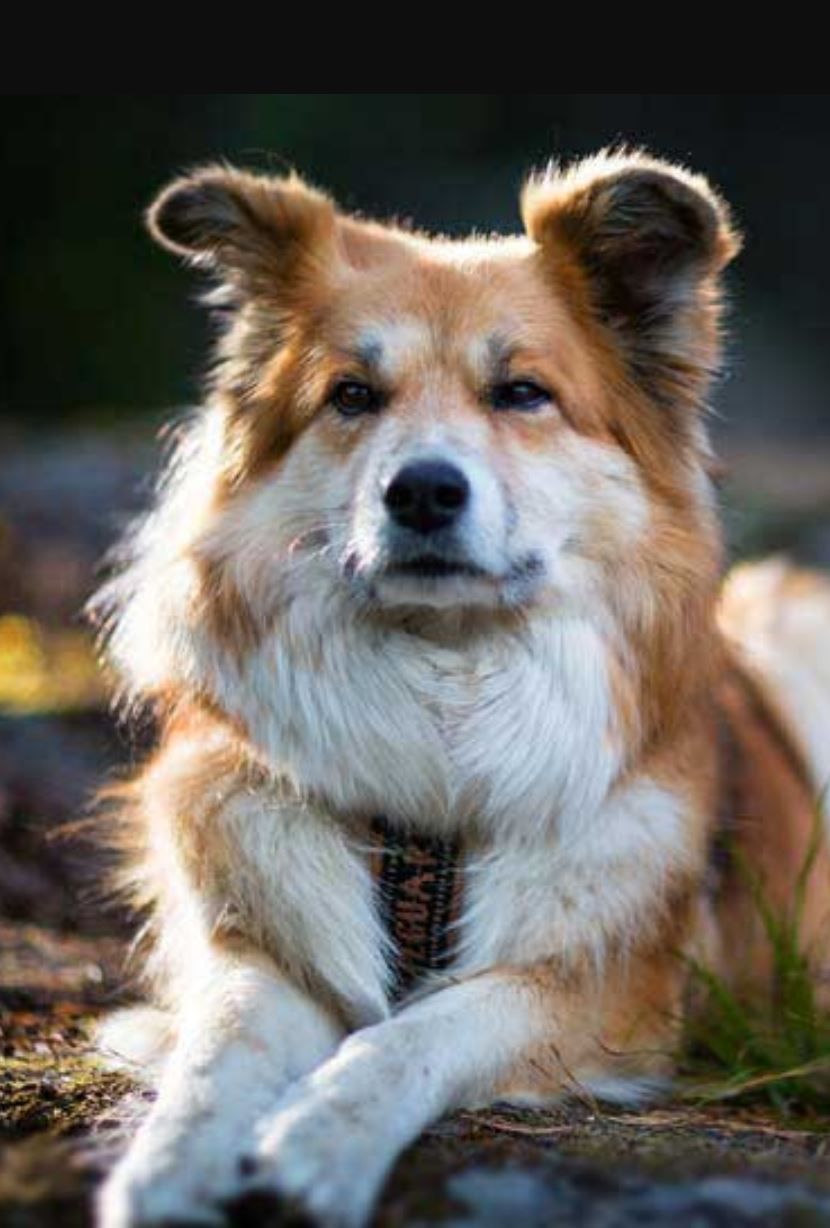
Preserving the Icelandic Sheepdog
To preserve the Icelandic Sheepdog breed, efforts have been made to maintain a healthy and genetically diverse population. The Icelandic Kennel Club plays a crucial role in regulating breeding practices and ensuring that the breed's standards are upheld.
Despite the challenges, the Icelandic Sheepdog remains a beloved and iconic breed in Iceland. Their history, resilience, and unique characteristics make them a symbol of the country's rich heritage.
Related
-

The Healing Power of Dogs: How Canine Therapy is Revolutionizing Mental Health and Boosting Positive Energy in Humans
Dog14 November 2024
-

A Pawsitive History: Dogs of Nuremberg
Dog09 November 2024
-

The Role of Oxytocin in the Human-Dog Bond: The Science Behind Our Deep Connection
Dog06 November 2024
-
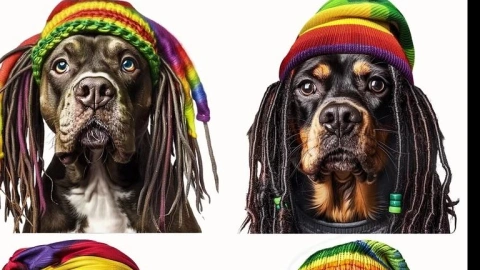
Beyond the Beach: Jamaica's Dog Lovers
Dog29 October 2024
-

A Dog's Delights: Homemade Snacks for Our Furry Babies, Recipes Included!
Dog29 October 2024
-
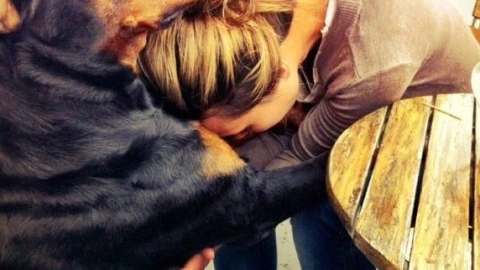
A Dog's Disorientation: Understanding Your Dogs' Wanderlust
Dog29 October 2024
Popular
-

-

A Pawsitive History: Dogs of Nuremberg
09 November 2024 -

-

Beyond the Beach: Jamaica's Dog Lovers
29 October 2024 -
